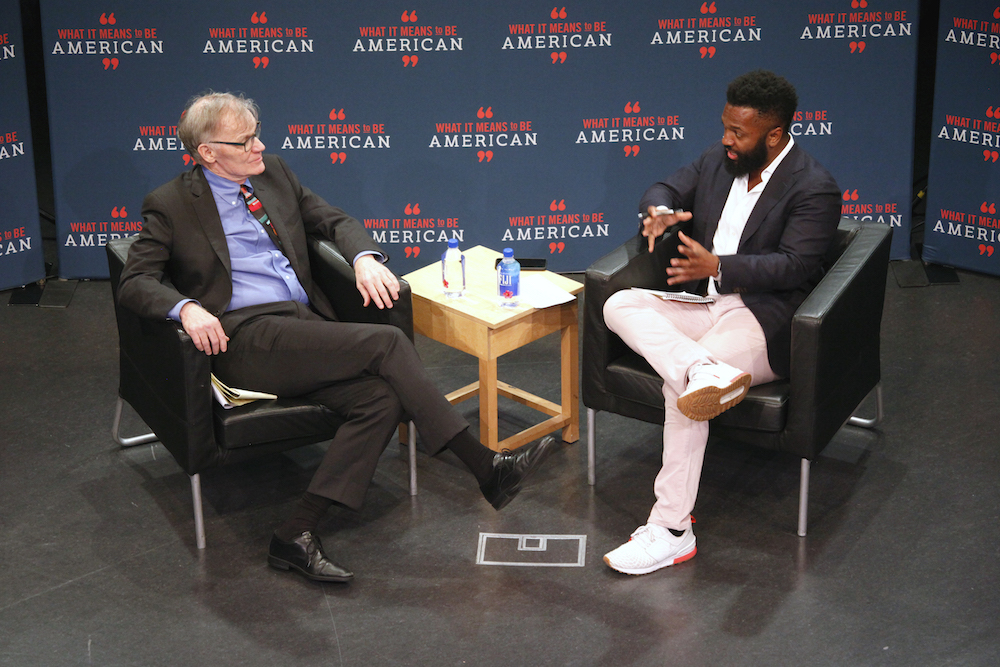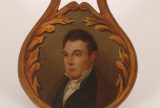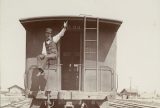Frederick Douglass’s Love-Hate Relationship With America
Historian David Blight Tackles the Great Abolitionist’s Contradictions and His Enduring Legacy
From his youth, as a slave growing up in antebellum Maryland, Frederick Douglass saw the double-ness of American life. He recognized the gulf between the nation’s enlightened principles and its racist policies, the fissure between the noble rhetoric of its white ruling class and the violence with which that same class bound African Americans in captivity.
And through the lenses of his formidable intellect and his flammable oratory, Douglass later would confront his own double-ness—his simultaneous love for, and rage at, the United States.
A packed audience at the National Center for …







